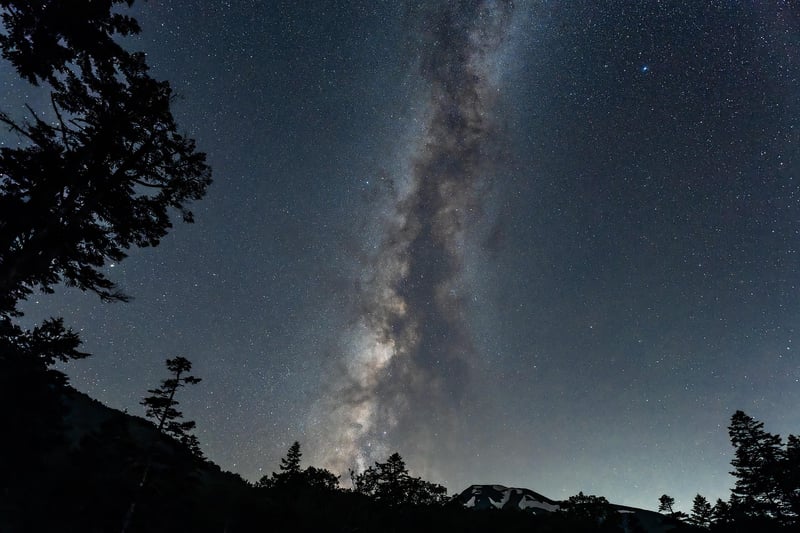Temporal Loops
The Intriguing Concept of Twist in Time and Temporal Loops
Time travel has been a fascinating subject in science fiction for decades, allowing us to explore the possibilities of altering the course of history or experiencing different eras. Within the realm of time travel, two concepts that often captivate our imagination are the "Twist in Time" and "Temporal Loops."
Twist in Time
A twist in time refers to a sudden, unexpected change or deviation from the expected timeline. This concept is often used to create dramatic tension or surprise in storytelling. Imagine a character making a seemingly insignificant decision that has profound effects on the future, leading to a twist in the timeline.

One of the classic examples of a twist in time can be found in the movie "Back to the Future," where Marty McFly accidentally alters his parents' meeting, jeopardizing his own existence. This twist sets off a chain of events that he must rectify to restore the original timeline.
Temporal Loops
Temporal loops, on the other hand, involve a specific period of time repeating itself endlessly. Characters may find themselves trapped in a loop where they are forced to relive the same events over and over again, often struggling to break free from the cycle.

The movie "Groundhog Day" is a well-known example of a temporal loop, where the protagonist, Phil Connors, finds himself reliving the same day repeatedly. Through this endless repetition, he learns valuable lessons about life and eventually breaks free from the loop.
Both the twist in time and temporal loops offer intriguing narrative opportunities, exploring themes of cause and effect, destiny, and the nature of time itself. These concepts continue to captivate audiences and inspire creative storytelling in various forms of media.
Whether it's a sudden deviation in the timeline or a cyclical repetition of events, the concepts of twist in time and temporal loops challenge our perception of reality and open up limitless possibilities in the realm of time travel fiction.
